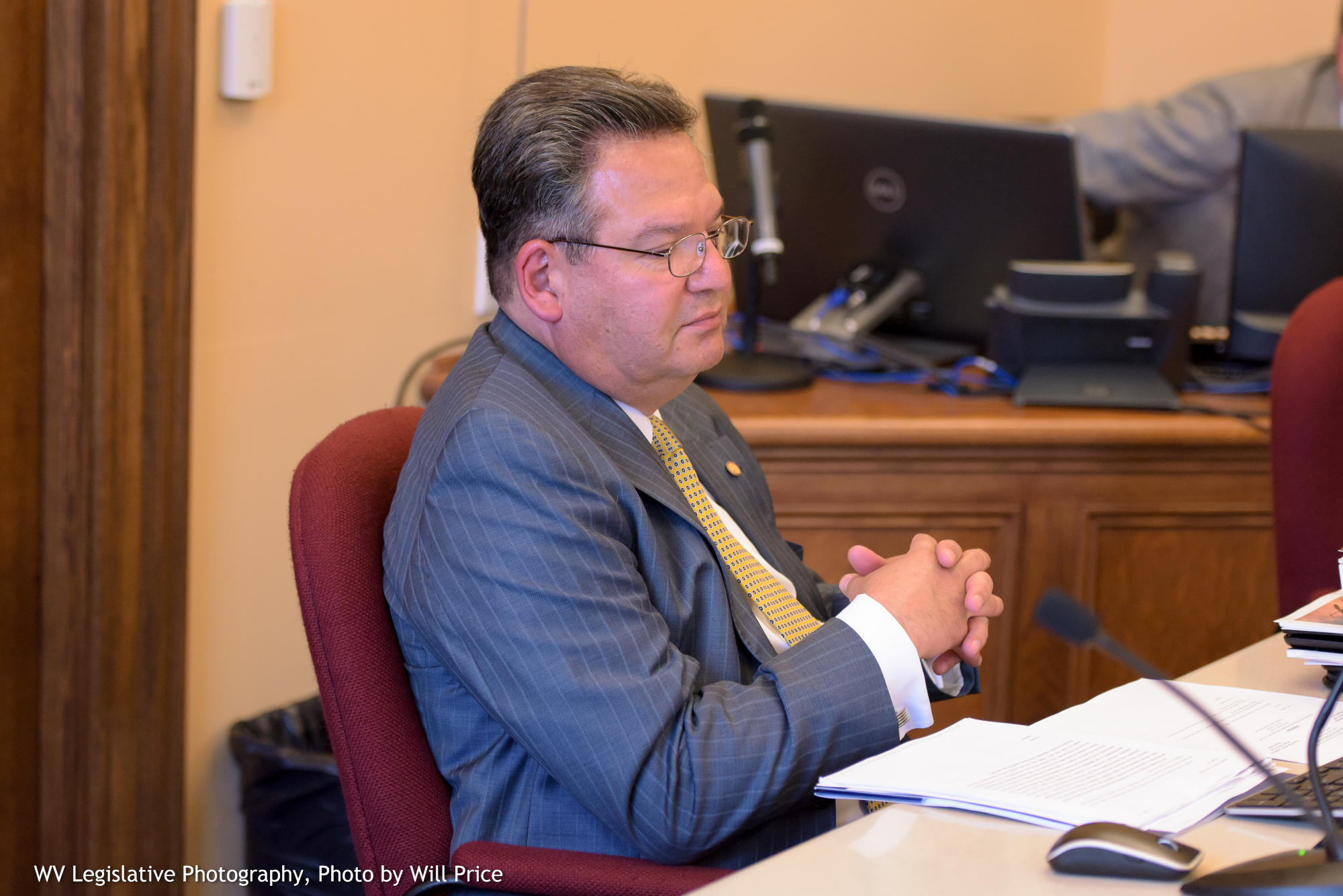The Legislative Oversight Commission on Education Accountability heard reports from the West Virginia Council for Community and Technical College Education and the Higher Education Policy Commission in Monday morning’s interim meeting.
Sarah Tucker, chancellor of the West Virginia Council for Community and Technical College Education, informed committee members on a $4 million grant from the U.S. Department of Labor for the Apprenticeships in Motion program.
Tucker said the council partners with 17 employers and helps students prepare for careers by providing them with on-the-job training through apprenticeships.
Elizabeth Manuel, director of student services with the HEPC, presented an overview on the GEAR Up program.
GEAR UP – Gaining Early Awareness and Readiness for Undergraduate Programs — is a federally funded program in 10 counties that helps students on their journey to earn college degrees, certificates or high school diplomas. These 10 counties are Boone, Fayette, Mason, Mercer, Mingo, Nicholas, Summers, Webster, Wirt, and Wyoming.
The program, which is managed by the HEPC, began in 2014 and works in seven-year cylces with the most recent grant concluding in 2021. Manuel told the committee that since the program was established, more than 10,000 students have been served. In the 2018-2019 school year, more than 3,900 have received direct GEAR Up services.
Manuel said outside evaluations showed students in the program had an increased knowledge of financial aid, an increase in the percentage of students who correctly estimated the cost of a four-year or two-year degree. Evaluations on the program also showed 89 percent of cohort students and 80 percent of priority students planned to continue their education beyond high school. Students who did not plan on continuing education cited cost as the biggest reason why.
Manuel said cohort students who experienced food insecurity—which made up 11 percent of the overall cohort student population but evaluators believed could be higher – were less likely to be able to pay for college. Manuel said 41 percent said they thought they could afford to attend college compared to 65 percent of those who did not experience food insecurity.
The committee also heard from Chris Treadway, senior director of research and policy with the HEPC. Treadway updated lawmakers on data collection and reporting. Treadway went over several metrics including higher education at a glance, financial aid, and workforce outcomes—which can be found through the data and publication section of the HEPC’s website.

